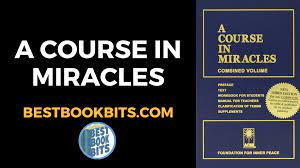Nations that prioritize acim tend to experience higher levels of innovation, productivity, and economic growth. The skills acquired through education empower individuals to contribute meaningfully to the workforce, driving technological advancements and fostering a competitive global economy.
The Evolving Landscape:
The 21st century has witnessed a paradigm shift in the way education is delivered. Traditional classrooms are being complemented, and in some cases, replaced by online learning platforms, virtual classrooms, and interactive educational technologies. This digital transformation has made education more accessible than ever, transcending geographical barriers and providing learners with flexibility in how, when, and where they acquire knowledge.
Challenges and Opportunities:
While education has made significant strides, challenges persist. Disparities in access to quality education, both within and between countries, remain a pressing issue. Additionally, the rapid pace of technological advancement raises questions about the relevance of traditional educational models and the need for continuous adaptation to prepare individuals for the jobs of the future.
Conclusion:
Education is a powerful force that shapes individuals and societies, serving as a catalyst for progress and development. It empowers individuals, promotes social cohesion, drives economic growth, and adapts to the evolving needs of a dynamic world. As we navigate the complexities of the 21st century, investing in education becomes not only a moral imperative but also a strategic necessity for a brighter, more inclusive future.


